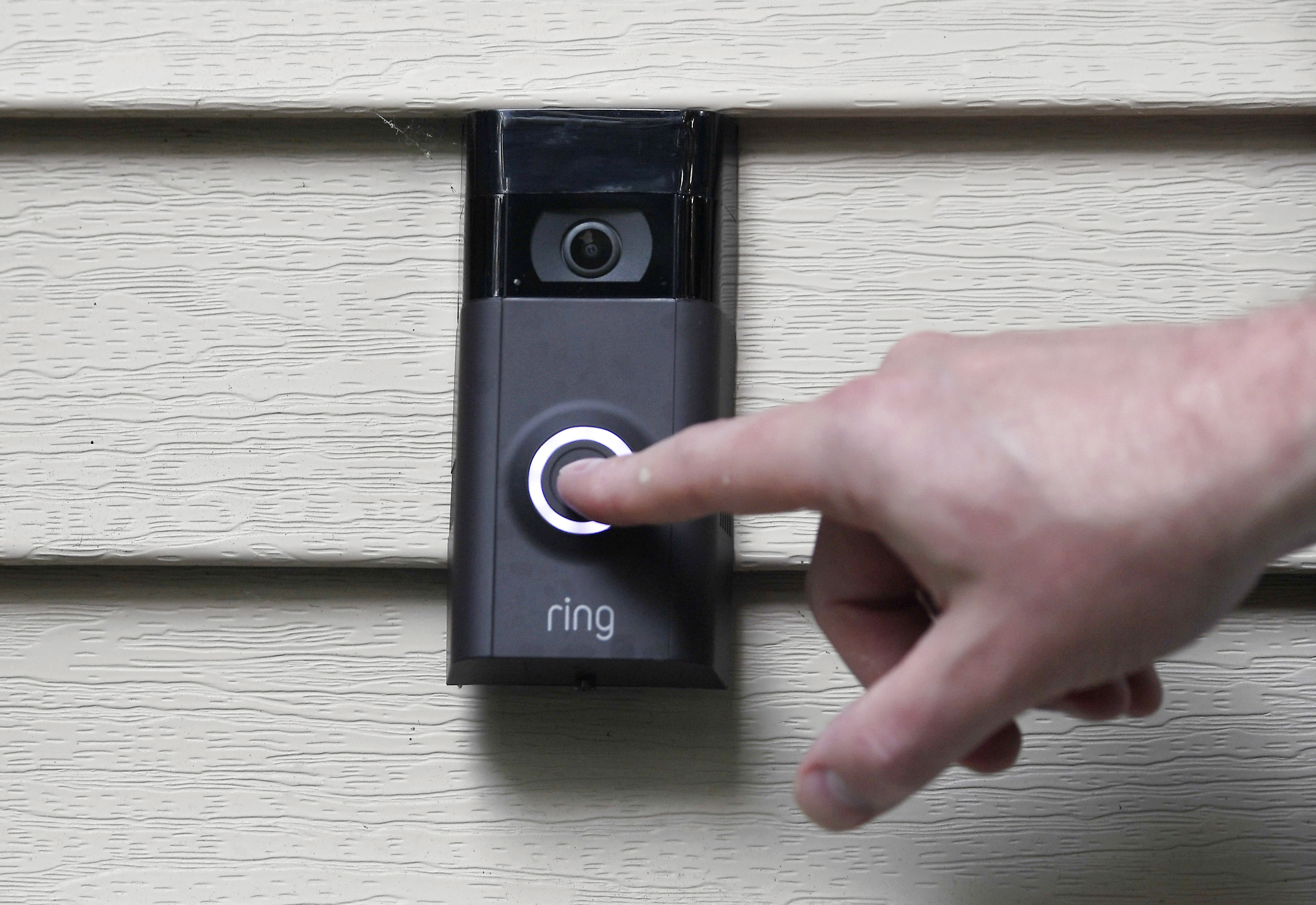Some slackers among us see a silver lining to the global swine flu pandemic: a rock-solid excuse for getting out of absolutely anything.
We've been told day after day that millions of Americans are going to be battered by the H1N1 virus this flu season — and now the germ is spreading so fast that even the nation's top health officials have quit keeping track of the number of cases.
For a diabolical few, all of this begs the question: Who would ever know if you faked it?
After all, government officials — and even the president himself — have admonished us to stay home if we're sick.
Companies and campuses across the country have been told to prepare for more sick days than usual; in fact, one flu-fearing county in Arizona has even told employees that they must stay home if they have a temperature of 100.4 degrees or higher, or they risk being fired.
And to make matters especially convenient for potential malingerers, we've been told to avoid the doctor's office and emergency room if possible, to keep health workers from being overwhelmed.
Excuse served up on a silver platter
With that, they've inadvertently provided fakers with a perfectly good — even altruistic — excuse to return to work or class without a doctor's note.
U.S. & World
“All you have to do is call in and say, ‘I’m sick,’ and take a couple of days off, and you and I will not be shocked,” says Dr. William Schaffner, head of preventive medicine at Vanderbilt University School of Medicine in Nashville, Tenn.
The ploy worked for one twentysomething New Yorker, looking to get a day off work. “My brother goes to a school that had been hit really hard, and since I visited him, it was completely plausible I could get it," says Jessica, who works in ad sales. (She didn't want her last name used to protect her secret identity as a swine flu faker.)
“The truth of the matter was that it was a Friday, and I was nursing a serious hangover," she continues. "Things really backfired on me, though — I work at the same company as a family friend. He called my parents saying he hoped I was feeling OK. They drove an hour to take care of me at my apartment. I had to do a full-on acting job for two full days.”
Busted in a swine flu fib
Faking sick isn't anything new, of course — in fact, about one-third of U.S. workers call in sick to work with a bogus excuse every year, according to a recent survey for CareerBuilder.com. This year, with an estimated 30 to 50 percent of the population expected to catch swine flu over the fall and winter months, your boss or professor are even more likely to believe you.
Unless they catch you, like Jon Fletcher did, that is.
Back in May, his nanny called to say that she had tested positive for swine flu, and she was on the way to the hospital. “It blew up everything in our life,” recalls Fletcher, 35, of Draper, Utah.
Fletcher immediately called his 70-year-old father to tell him to cancel his planned visit that weekend, because the family had likely been exposed to the H1N1 virus. He kept his four kids — ages 3, 4, 9 and 12 — out of school for two days, and he called to cancel an interview for a job he needed because he'd recently been laid off. The next day, the whole family went to their doctor to get tested for the swine flu.
The doctor said to the family that it was certainly possible that they had been exposed to the swine flu — “but we don’t really care,” Fletcher remembers the doctor saying. At this point, health care workers had stopped testing individuals for the H1N1 virus, which was news to the Fletchers — and apparently to their nanny, too. When Fletcher told the doctor the nanny's story about testing positive for swine flu, the doctor replied, "That's baloney." It wasn't the first fib this nanny had told, and the Fletchers let her go soon afterward.
Sick students or paranoid professors?
But the biggest temptation for faking swine flu might lurk on college campuses, many of which have been hit hard by the H1N1 virus. According the American College Health Association, 5,959 new cases of influenza-like illnesses were reported in the first week of October, and nearly 40,000 cases have been reported since August. Like the national guidelines, universities are also encouraging students to stay away from health centers unless they're feeling very ill, and professors have been encouraged to relax their attendance policies.
“It is kind of shocking the holes in it that there are,” says Laurie Stern, who’s 19 and attends Penn State. “Students can e-mail their professors whenever and say, ‘I’m too sick to come in, and I don’t need a doctor’s note, and there’s nothing you can say about it.’”
At Texas A&M University, the student health center at was so overwhelmed by sick students seeking excuses that health workers there composed an all-purpose student excuse form and posted it online, no signature required. (There is, however, a section that suggests the signature of a "witness" of the student's choice.)
“There are definitely the students who bring in the forms when they’re not really sick, thinking that, well, it’s H1N1 flu season, so it’ll be fine that I was absent all week long; no one will know the difference,” says Meagan O’Toole-Pitts, a 23-year-old student at Texas A&M.
“Are some students going to scam the system? Of course they are,” says Sandra Handley, a nurse practitioner at the student health and wellness center at the University of Missouri, Kansas City. But it's the professors' paranoia over fake-sick students that's taking up much of her time. Recently, after one of the nurses at the health center wrote a sick student an excuse for missing class, the student's professor photocopied the form and sent it back to the health center with a note scrawled across the top: “Did this actually come from student health?”
For educators like Kari Jackson, an English teacher at the University of Kansas, it can frustrating to have to take a student's excuse at face value. “Several students, they’ve gone three or four class periods without coming to class, and they‘ll come back and say, ‘Oh, I had swine flu.’ And I don’t know how to handle that,” Jackson says. “I’m basically being told to believe everybody.”
But to really pull off the excuse of swine flu, which tends to linger, students would have to miss a week's worth of classes, which, some students realize, is really more trouble than it's worth. So a creative few have come up with other ways to put this flu season's foolproof excuse to good use.
“Last week I pulled the swine flu card to get out of a blind date,” says Ellie, a 21-year-old student at the University of Minnesota, Twin Cities. “My roommate set me up with an acquaintance of hers, and I was not looking forward to meeting him. The day of our date, I called and canceled, saying I had caught the swine.”



